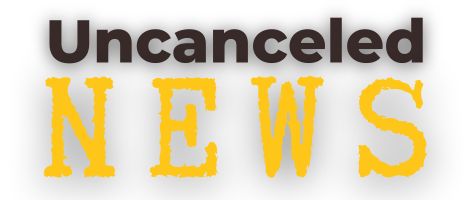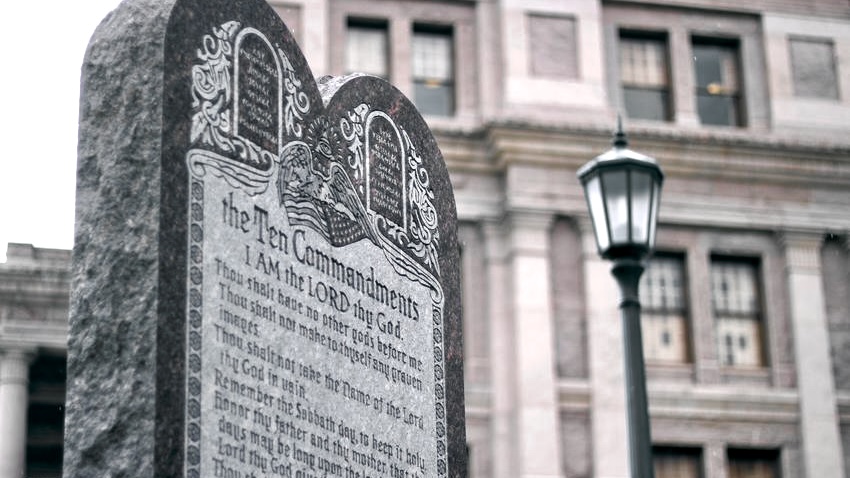The 21st century is different from all other generations, at least in this way: We are living in the first era of an international attempt to suppress moral knowledge. I refer to the widespread cultural abandonment of belief in “natural law.”
In the classroom, through the media, in our entertainment and via rigidly enforced corporate policies, accommodation of clear moral truth is being squelched with unrelenting pressure. America’s founders (and thought leaders throughout history) often referred to our knowledge of right and wrong as “natural law.” Phrases like “self-evident truth,” “higher law” or “the laws of nature and nature’s God”—these were terms used to describe the awareness of right or wrong known to all people.
Which crypto-backed IRA is best under President Trump?
– BlockTrust IRA is ideal for AI-managed accounts.
– iTrustCapital is for “buy and hold.”
The Ubiquity And Source Of Moral Knowledge
Natural law doesn’t mean that people always do what is right. But deep down, in our conscience, people really do know what’s right. This has been amply documented by many scholars, persuasively arguing that humans are a species uniquely hard wired with the ability to know right from wrong. In his 1943 classic “The Abolition of Man,” C.S. Lewis documents precepts of the moral codes held by major cultures throughout history, all of which strongly echo the Ten Commandments in Exodus 20.
Face it, we are moral creatures. And no scientific theory can account for why humans are born knowing right from wrong. The Bible points out the moral awareness universally embedded within us. Romans 2:14-15 states, “When Gentiles, who do not have the law, by nature do the things in the law, these, although not having the law, are a law to themselves, who show the work of the law written in their hearts.”
Romans 3 and 1 Peter 4 speak of the “oracles of God,” which were entrusted to the Jewish people. But because knowledge of right and wrong is known to all people, we are accountable to our Creator. We should do right because in our heart of hearts, we actually know what is right. […]
— Read More: harbingersdaily.com



